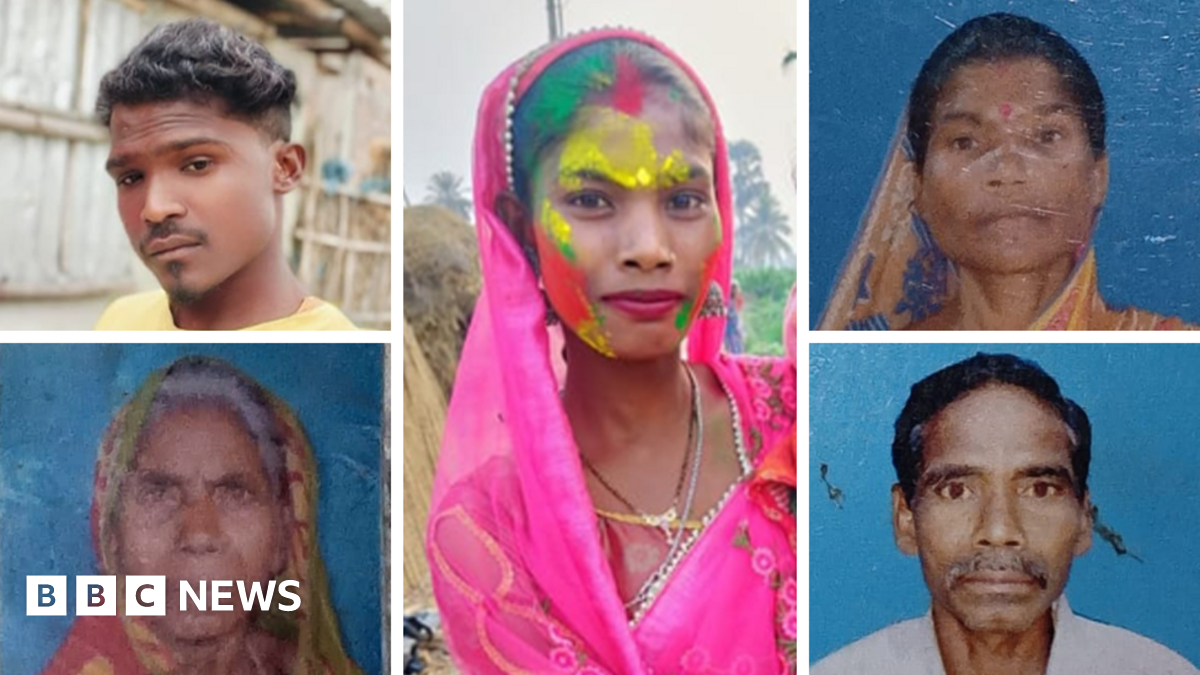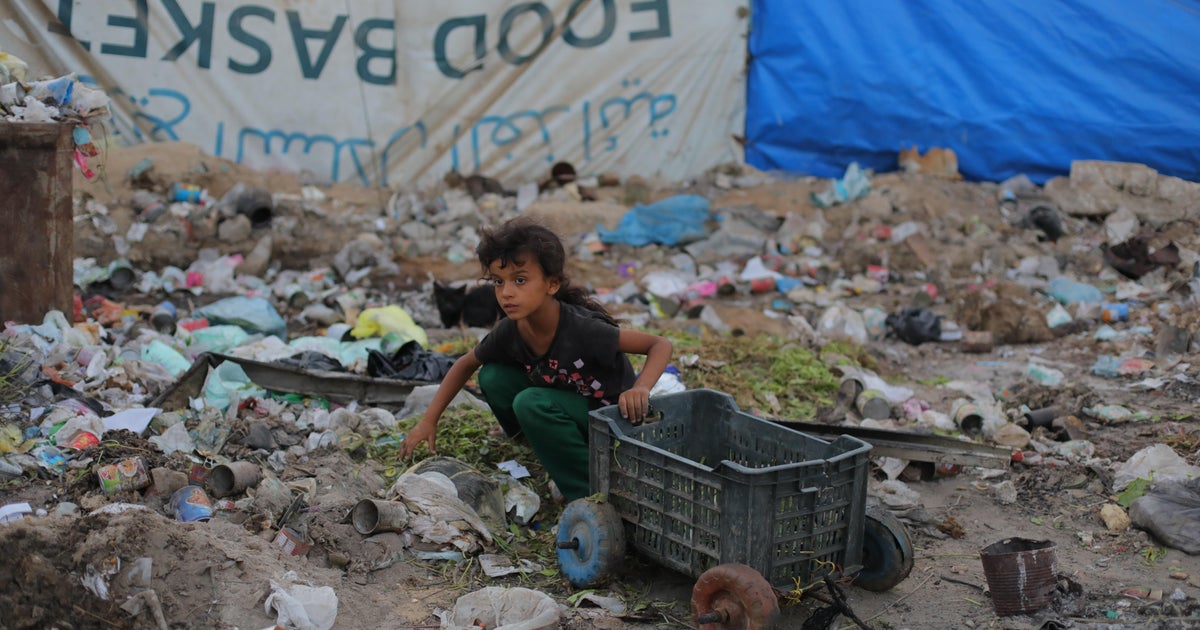Mob Violence in Bihar: Witchcraft Accusation Leads to Brutal Murders

The quiet village of Tetgama in Bihar, India, was shattered on the night of July 6th, leaving one family reeling from unimaginable loss and highlighting a deeply disturbing trend of mob violence fueled by accusations of witchcraft. For Manisha Devi (name changed), the events of that night mark the darkest period of her life.
Around 10 pm, a volatile and aggressive mob descended upon the home of her relatives, unleashing a reign of terror that continued until dawn. The catalyst for this horrific attack? A baseless accusation of witchcraft. Details remain scarce, but reports indicate the violence stemmed from local superstition and a climate of fear, where vulnerable individuals are targeted based on unfounded beliefs.
A Disturbing Tradition
Sadly, these incidents are not isolated. Witchcraft accusations, particularly targeting women, remain a pervasive problem in several parts of India, especially in rural areas where access to education and information is limited. These accusations often arise from personal disputes, jealousy, or attempts to discredit and marginalize individuals within the community. The consequences are devastating, often resulting in social ostracism, violence, and even death.
The Cycle of Fear and Misinformation
The situation is exacerbated by a lack of awareness and understanding of mental health issues. When unexplained illnesses or misfortunes occur, vulnerable communities often turn to superstitious explanations rather than seeking medical or psychological help. This creates a breeding ground for fear and misinformation, making individuals susceptible to false accusations and mob mentality.
The Need for Intervention
The Tetgama tragedy serves as a stark reminder of the urgent need for intervention. Law enforcement agencies must prioritize the investigation and prosecution of those involved in these acts of violence. More importantly, long-term solutions require a multifaceted approach that includes:
- Education and Awareness Campaigns: Disseminating accurate information about health, mental health, and the dangers of superstition is crucial.
- Community Mobilization: Empowering local leaders and community members to challenge harmful beliefs and promote tolerance.
- Strengthening Legal Frameworks: Ensuring that laws are in place to protect vulnerable individuals from false accusations and violence.
- Mental Health Support: Providing access to mental health services to address underlying issues that may contribute to superstitious beliefs and behaviors.
Beyond Tetgama
The events in Tetgama are not just a local tragedy; they represent a broader societal challenge. Addressing the root causes of witchcraft accusations requires a collective effort from governments, NGOs, community organizations, and individuals. Only through education, awareness, and a commitment to upholding the rule of law can we hope to eradicate this harmful practice and ensure the safety and dignity of all members of society.
The investigation into the incident is ongoing, and authorities are working to bring those responsible to justice. However, the true challenge lies in preventing future tragedies and creating a society where reason and compassion prevail over superstition and fear.






